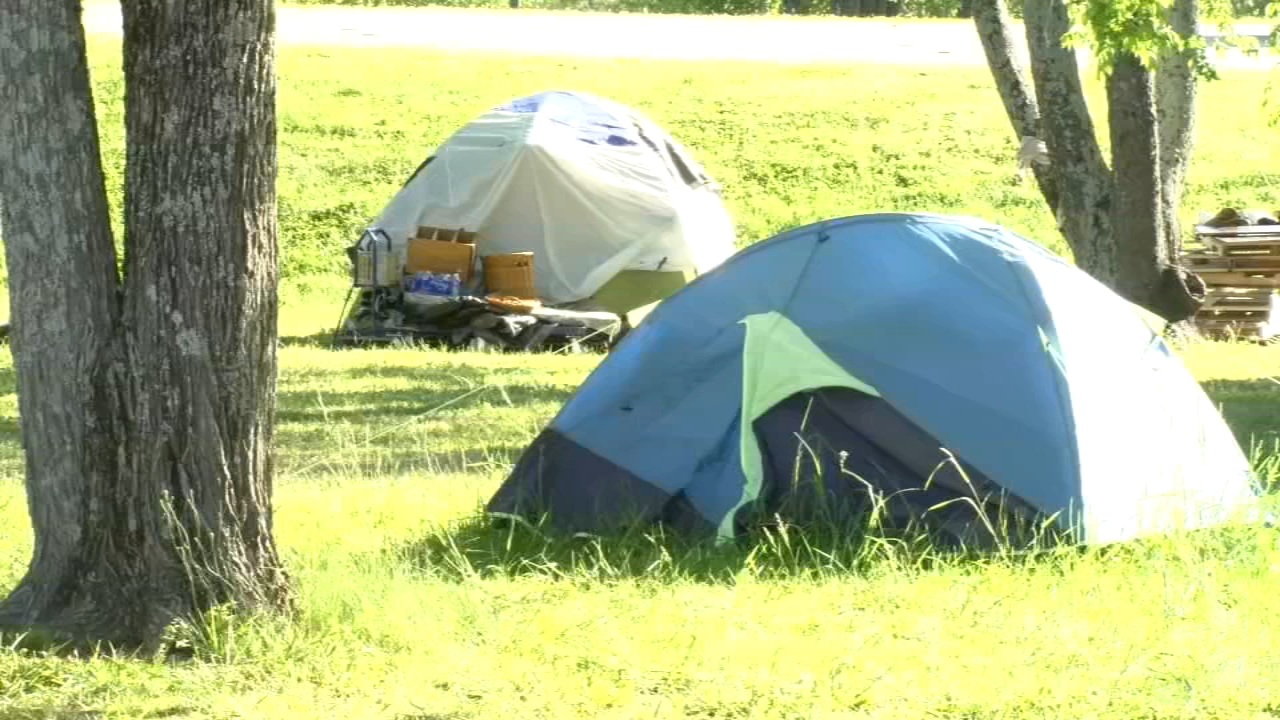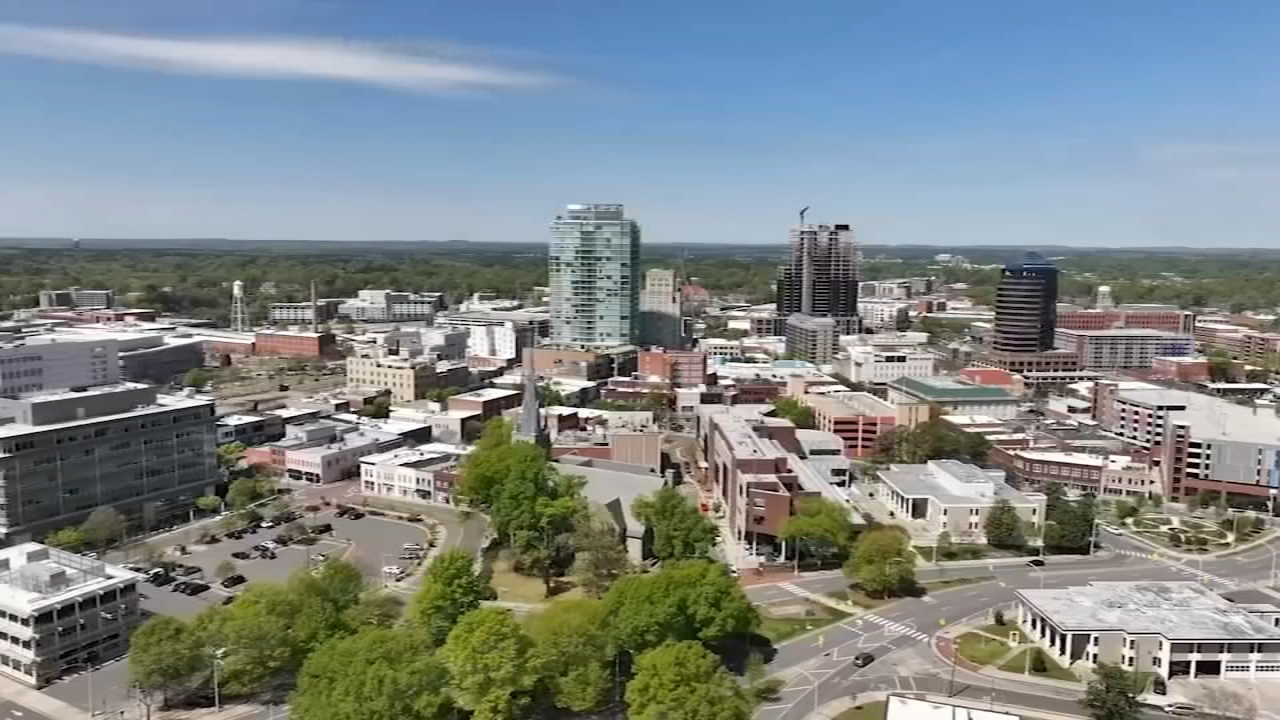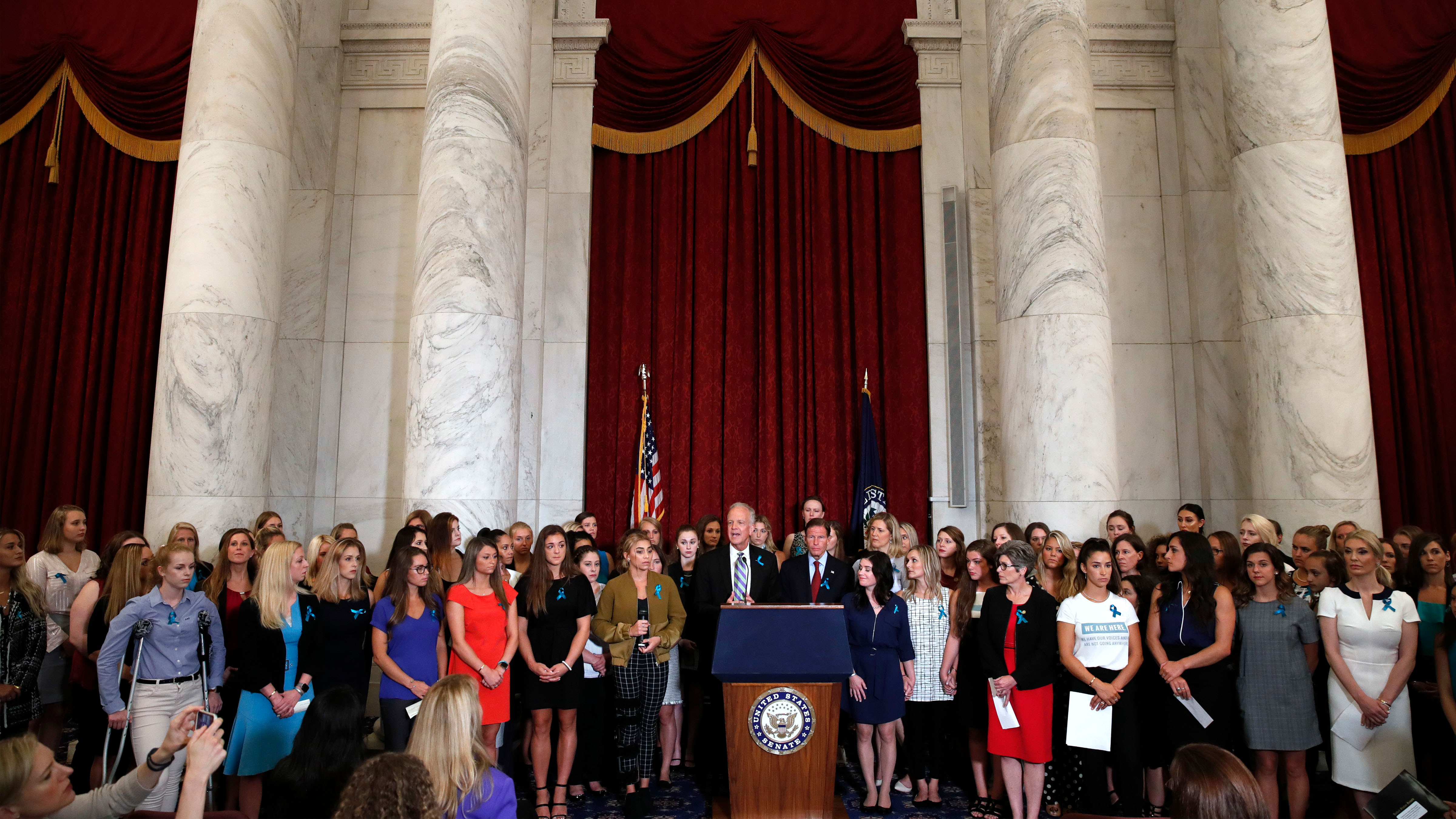Truth test: Teacher rally prompted false and misleading claims about NC education
To hear the chants on the streets of downtown Raleigh, the demands from education advocates are simple.
What do they want? More resources for educators and students. When do they want it? Now.
RELATED: After teachers rally, educators get a lesson in doctored photos
The response from state lawmakers has been equally straightforward: teacher pay and other quantifiable education standards have improved.
And then there are numerous claims in-between, which sometimes lack context and substance.
The North Carolina Association of Educators, an educators advocacy association, led a march to the capital in downtown Raleigh on Wednesday. The event both advanced and provoked claims about education in North Carolina that were inaccurate, misleading or presented without proper context.
Here are a few claims that deserve to be addressed:
NC LAWMAKERS' ACTIONS
A Facebook ad for an April 24 forum in Charlotte hosted by Progress NC and the NCAE said, "Politicians in Raleigh have done almost nothing to reverse the long-term cuts to our public schools." The post refers to cuts made by legislators during the recession, which began to hurt state government in 2008.
It's fair to note that average teacher pay - when adjusted for inflation - hasn't returned to pre-recession levels, as PolitiFact North Carolina reported last year. But it's misleading to suggest that state lawmakers have done "almost nothing" to reverse the cuts.
The legislature has increased annual spending on public K-12 schools and boosted average teacher pay each year since fiscal year 2013-14, according to North Carolina's Department of Public instruction. A graph on page 18 of this budget report shows the improvement each year.
THE GOP'S RECORD
A poster found on tables in the legislative building during the rally on Wednesday compared 2013-14 salaries - which it labeled as "old Democrat pay plan" - to 2019 salaries under the "Republican pay plan."
The poster gives the impression that Democrats controlled the legislature in 2013, which isn't true. Republicans gained control of the legislature in 2010, and in 2012 gained a supermajority, which they didn't lose until 2018.
TEACHER PAY
A flyer distributed at the legislature during the rally said North Carolina ranks 34th in teacher pay. Democratic state Sen. Terry Van Duyn, who's running for lieutenant governor, also tweeted that ranking.
But that number from the National Education Association is outdated and represents the 2017-18 school year. The NEA reported in March that North Carolina's new estimated teacher pay is an average of $53,975, making the state 29th in the country.
NCAE'S DEMANDS
The NCAE published a list of demands to accompany their rally. The list calls for adding counselors and other school workers to meet national standards, providing a $15 minimum wage for all school personnel, and a 5 percent cost-of-living adjustment for retirees, among other demands.
Those demands are often shared without information about their cost and the legislature's recent efforts. The legislature's nonpartisan fiscal research staff recently estimated the costs of some of the demands.
Minimum wage: North Carolina last year became the first state in the country to pay most of its state employees a $15 minimum wage, which equates to about $31,000 a year. The raise applies to most jobs in state agencies and the UNC system, but excludes temporary workers, public school or community college employees who currently make less than $15 an hour, The News & Observer reported. It would cost $110 million to boost the remaining workers to $15 an hour, according to the research staff's memo.
Cost of living adjustment: It would cost $240 million a year and add $2.5 billion in unfunded liabilities, according to the memo. N.C. Treasurer Dale Folwell told PolitiFact he's unaware of any adjustment of 5 percent or more "over the last 50 years."
Counselors: The N.C. Department of Public Instruction estimates that it would cost about $700 million to bring all of the school support positions up to national standards, according to the fiscal research memo. The American School Counseling Association recommends that school counselors oversee no more than 250 students each. North Carolina's ratio in 2016, the most recent year available, was 375 to 1 - which beats the national average of 464 to 1. Only 12 states had better ratios, and each of those states has a smaller population than North Carolina.
NC SUPERINTENDENT'S LETTER
Prior to Wednesday's rally, State Superintendent Mark Johnson sent an email newsletter that aimed to clarify what he called "the facts about our schools." The statistics mentioned in the email aren't wrong, but are used to make invalid comparisons.
In one section of the email, Johnson says that "average teacher salary in NC is now $54,000 per school year." Then, in the same bullet point, he argues that in North Carolina, "the median teacher salary per school year is more than the median household income per year."
Johnson misleadingly compares mean teacher pay with median household income for North Carolina residents, without providing any specific figures for median teacher pay or median household income. This comparison is invalid for several reasons.
First, comparing means with medians is not a true comparison. A mean is the average of a set of numbers. A median is the middle number in a set of data. The disadvantage of using mean is that a single high or low value in the set of data can skew the result. Medians are unaffected by high or low values, as it is simply the middle number.
Historically, the Department of Public Instruction only tracks mean, or average, teacher pay. But when PolitiFact requested the median pay for teachers, the agency provided an estimate of the median pay at around $49,000.
Second, a teacher's salary refers to one person's wages while household income can refer to not only the salary, but also the investment gains and benefits of more than one person. Any earnings from retired or part-time students in a place of residence are counted in this number, for example.
In another section of the newsletter, Johnson compared the average salary for first-year NC teachers to the "average starting salary for other college graduates" and the "median wage for individuals in North Carolina." Again, Johnson compares means and medians - which is not advised.
If we compare this median wage with median teacher pay of $49,000, then it appears that teachers are paid more than the median wage for individuals in North Carolina. According to the Bureau of Labor Statistics, North Carolina's 2017 median hourly wage comes out to $34,757 for someone working 40 hours a week for every week of the year.
Still, this comparison doesn't tell us that much. Teachers are required to have a bachelor's degree, and 41.6% of North Carolina teachers have a masters degree according to the National Center for Education Statistics in 2011-2012, the earliest year available. The median wage for individuals includes workers who aren't in the same educational attainment bracket, and as a result aren't paid as much. A better comparison would be to look at starting teacher pay with starting pay for other professions requiring similar educational attainment.
Researchers at the Economic Policy Institute, a left-of-center policy thinktank, have tracked the teacher pay gap for 15 years. EPI researchers only compared working-age, full-time workers with similar educational attainment and found teacher pay in North Carolina trails that of other professionals by 26.5 percent.
This story was produced by the North Carolina Fact-Checking Project, a partnership of McClatchy Carolinas, the Duke University Reporters' Lab and PolitiFact. The NC Local News Lab Fund and the International Center for Journalists provide support for the project, which shares fact-checks with newsrooms statewide. To offer ideas for fact checks, email factcheck@newsobserver.com.




